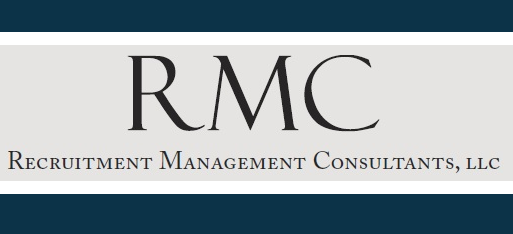Reining in the Cloud
By: Brendon Thiede
Should you move your business to the cloud? The short answer is, it depends. What is your peak workload? What is the variance in your workload? What expertise do you already have within your organization? Should you learn about the cloud? Yes! You absolutely should learn about what cloud technologies and trends are emerging, even if only at a very high level. That way, whether or not you move your whole business to the cloud, you can start to identify capabilities that can be enabled using cloud services, bringing more options to the “build versus buy” discussion.
Ok, so you should “learn about the cloud”, but with so many cloud platforms and cloud services, where do you even start? Again, it depends. Are you an auditory learner? Then you might consider finding some cloud or DevOps podcasts. Are you more comfortable with text-based learning? Then hunt for some newsletters or subreddits. Are you more of a hands-on learner? Then you can check out some of the online workshops like the Azure Fundamentals learning path. Personally, I can become aware of topics very easily through any of these means, but for it to really click with me I need a mix of all of them. And for me to really cement a concept, process, or technology, I need to share it with someone else. This is the single biggest reason that I help organize the Lansing DevOps Meetup. It can be intimidating to expose your own gaps in understanding or to share an opinion that might not be widely accepted, but when you find an open, professional community to share freely with, the feedback can accelerate your journey immensely.
Regardless of how you learn, I am going to suggest some fundamental concepts to focus on as applicable to any cloud, any technology, and even to a certain degree in your own datacenter:
- Security: In the cloud, there is no physical barrier to your network. Learn about zero trust networks and how different clouds control and audit access.
- Disposable Infrastructure: This goes by many names and through various ways of implementation – Infrastructure as Code, Containers, Cattle vs. Pets. Learn how to turn the process of creating new infrastructure into a trivial, repeatable operation.
- Scalability: When you switch from buying hardware to paying for processing time, the economics of efficiency can have a much larger impact on your bottom line. Learn about different patterns and tools that allow scaling up, down, in, and out.
- Instrumentation: When you don’t control the underlying hardware, it can be difficult to track down problems, especially intermittent ones. Learn how to instrument your cloud-deployed, distributed applications so that you can gain insights into the runtime interactions and characteristics of your system as a whole.
If you’re looking to kickstart your cloud awareness, there is an upcoming opportunity to take part in the Global Azure Bootcamp. This is a free, all day mix of presentations and workshops. As a participant you will get $80 in Azure credits to use at the bootcamp and for up to one month after. During the workshops you can get hands-on experience with creating a simple web application in the Azure cloud, and iterate over how to make it more “cloud friendly”, touching on concepts of Continuous Integration, Continuous Delivery, zero downtime deployments, serverless functions, and more.
About the author:
Brendon is a DevOps Engineer at the Michigan State Supreme Court, working extensively in Microsoft’s Azure Government Cloud. You can find Brendon in the Lansing Codes Slack, at the Lansing DevOps Meetup the first Tuesday of each month, and you can follow his blog at https://www.digestibledevops.com/.

